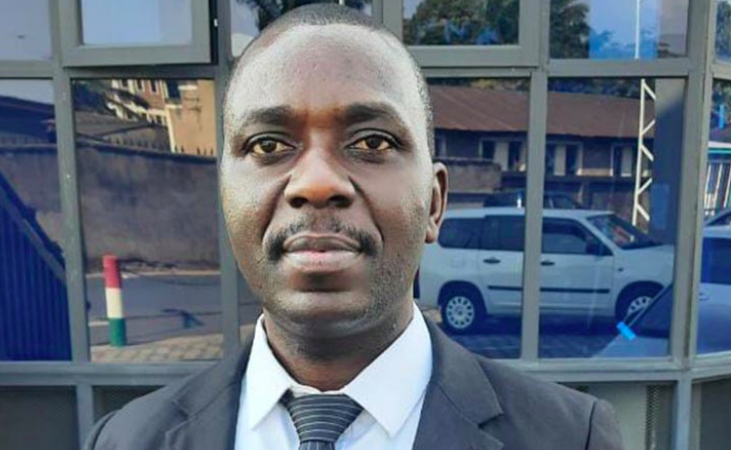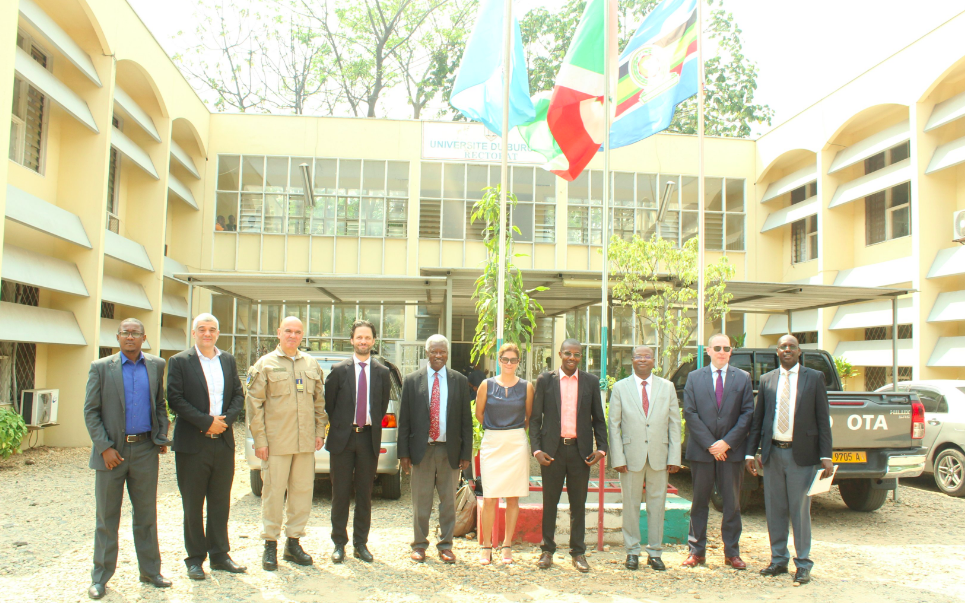Burundi’s national university is on the verge of collapsing following the mass departure of both teaching and administrative staff.
Audace Manirabona, the Rector of the University of Burundi has penned a long complaint to the Minister of National Education and Scientific Research highlighting the labour crisis at the institution.
The document reveals that 118 employees have left the university in 2024, warning that if no immediate action is taken it could lead to the closure of the institution.
Statistics indicate, there were 18 departures in 2020, 25 in 2021, 27 in 2022, 43 in 2023, and a jump to 118 in 2024, with a notably higher proportion of women leaving their posts.
As of December 15, 2024, 41 teachers had already left the university. Audace Manirabona warns that these departures risk paralyzing the smooth running of activities and harming the performance of the services offered.
“The management of the University of Burundi is studying proposals to slow down these departures, ” says Manirabona.
The reasons given include precarious living and working conditions, as well as insufficient salaries, pushing many employees to seek better opportunities elsewhere. Many teachers are turning to private universities or other local institutions to find employment.
“How is someone who has found somewhere where they will pay him 4 thousand dollars per month going to stay and receive less than 200 dollars per month? This is unacceptable. People must understand that this situation is not going to improve things at all ,” says Désiré Nisubire, president of the teaching staff union at the University of Burundi.
Nisubire argues that if a lecturer cannot pay rent, rations and other needs with his salary, “it is normal that he is tempted to go elsewhere. He says that the salary of teachers in neighboring countries such as the East of the DRC and Rwanda varies between 2 thousand and 3 thousand dollars.”
Nisubire explains that university lecturers not only work at the university alone. They are also consultants, researchers who participate in the development of strategic plans in different departments.
“If university economists leave, there will not be enough people to help the ministries design solid strategic plans ,” notes Nisubire.

According to him, the country is suffering from a deep crisis in the field of research. He criticizes the education, health and agriculture sectors grappling with a lack of professionals capable of proposing good solutions.
“By letting your intelligentsia leave, you will not be able to progress in terms of development ,” Nisubire emphasizes.
For him, a country that refuses to invest in education and training deliberately chooses to suffer.
“If you want a developed country, it is essential to choose to invest in education, especially in research and higher education ,” he recommends.
He advocates increasing teachers’ salaries in line with their qualifications and the work they do in the country, while considering them as privileged high-level executives.
In addition, he stresses that most of these teachers were trained by the government. Letting them go is a double loss: “You lose the investment made in their training, as well as the added value of their contribution. It is imperative to improve their living conditions.”




















